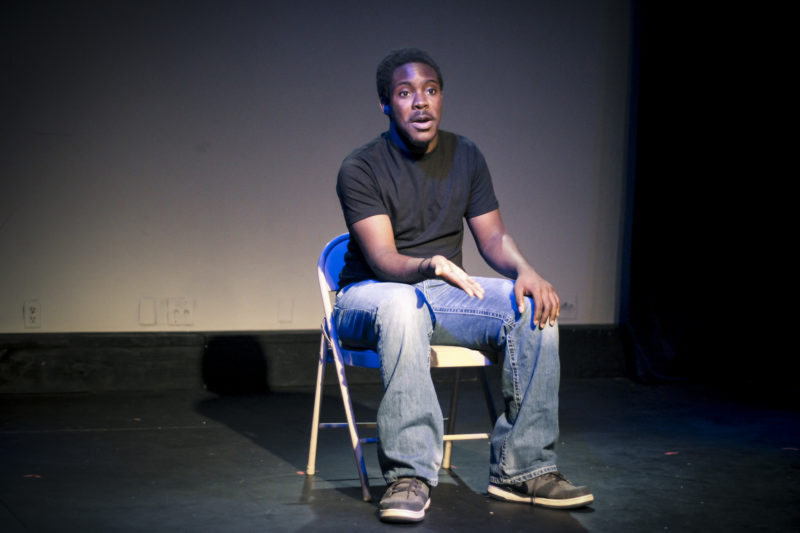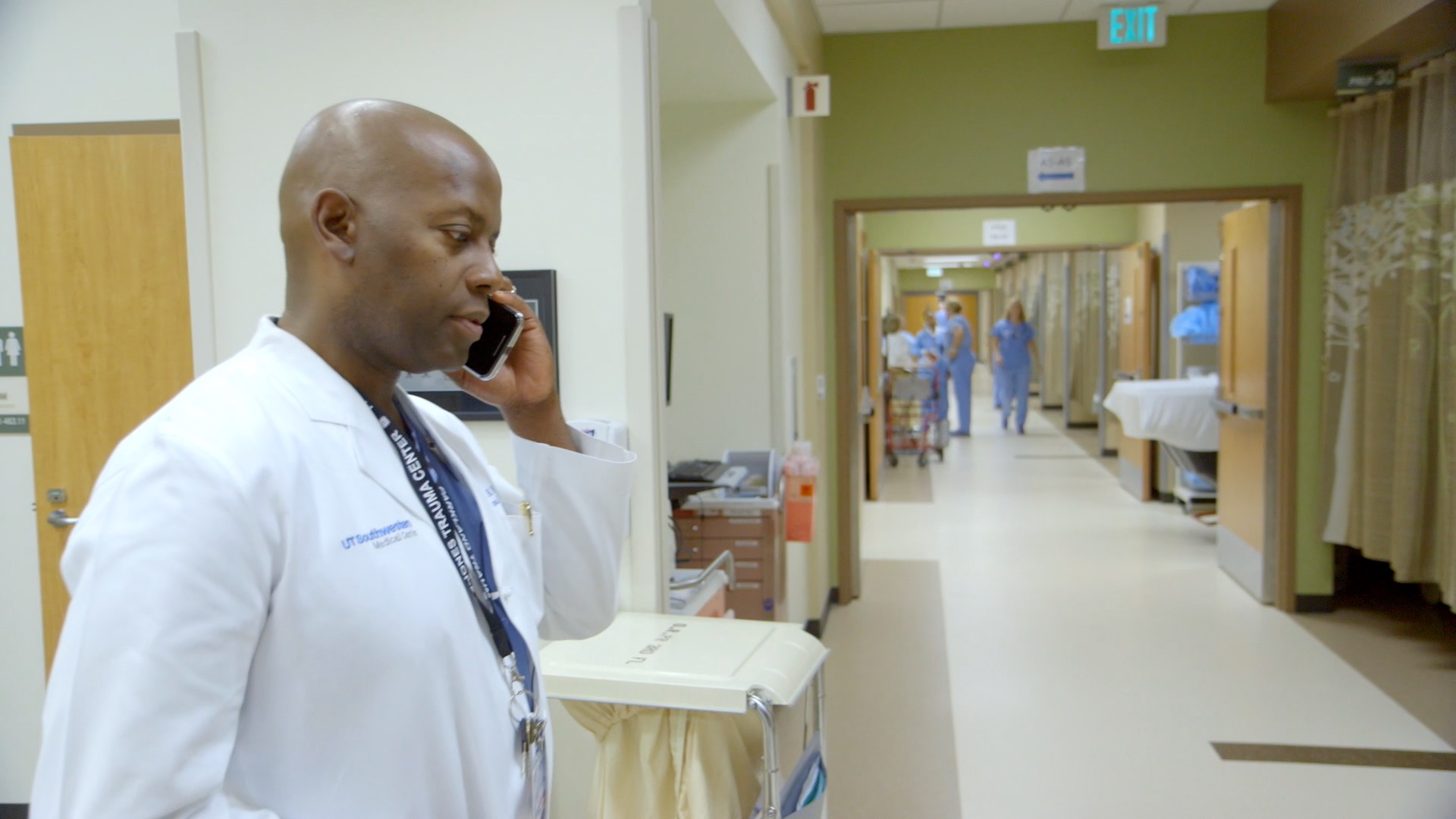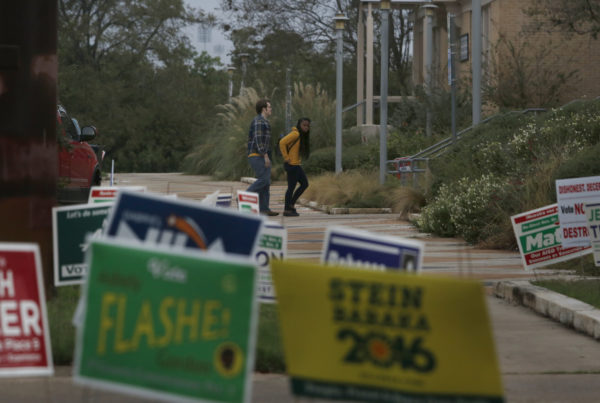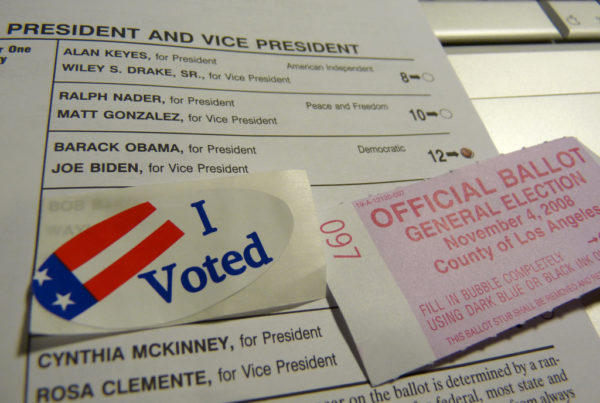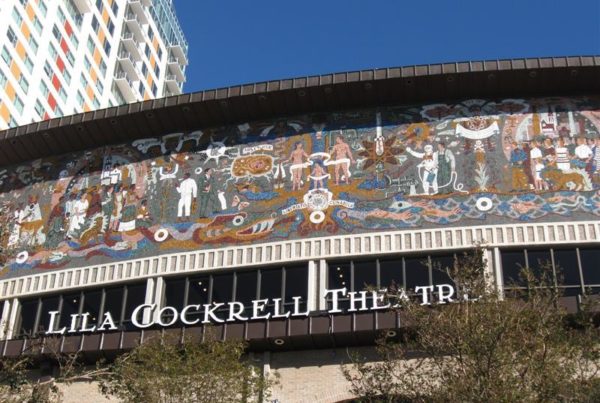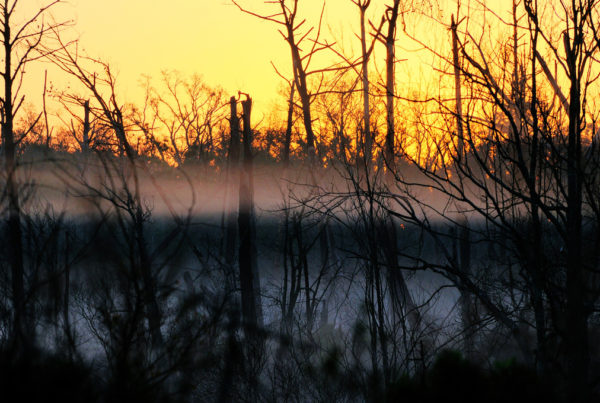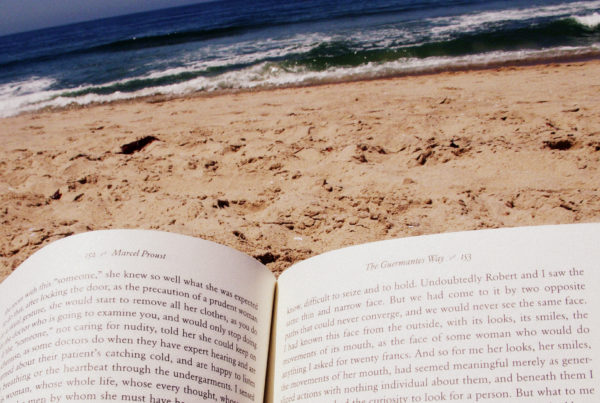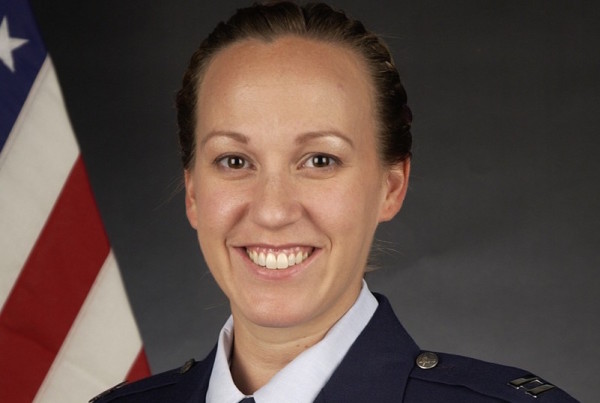As the sun was setting on the city of Dallas on July 7, 2016, few noticed the SUV parked sideways on Lamar Street, its flashers blinking.
The street was virtually empty, cleared out for a protest in response to the police shootings of two black men a few days earlier in Louisiana and Minnesota. The Dallas protest was one of many scheduled in big cities across the nation.
As the protest ended, the first shots rang out, then a fusillade. In the flurry of more than 200 bullets, it was hard to tell where the shots were coming from, and who were the good guys.
Nearly 100 police officers were on the scene, but no one was sure how many shooters there were. Five law enforcement officers were killed, seven other officers and two civilians were injured, as ambulances and police sirens began to drown out the sound of gunfire.
There was a standoff with a lone gunman holed up in a nearby college building. After trying for more than two hours to negotiate a surrender, the Dallas police chief ordered a robot packed with explosives to go into the building and take out the gunman. The tactic worked, but the night was far from over.
Dr. Brian Williams was in charge of the emergency room at Parkland Hospital. Williams suddenly found himself not just on the front lines of history, but at the center of circumstances he had been thinking about for weeks.
Long before this night of July 7 , Williams had been shaken by stories of black men being killed by police. Now, it was up to him to care for seven critically injured officers shot by someone looking for revenge.
Williams kept his emotions in check as he worked against the clock to save lives.
Days later, Williams sat on a panel at a press conference, alongside nurses and other doctors just like him. But there was one important difference: everyone else on that panel was white.
Truth is, Williams didn’t really want to be there. He’s never been big on the spotlight, but he decided this press conference was part of his duty – a duty that went beyond his role as a medical doctor; a duty to heal.
“I understand the anger and the frustration and distrust of law enforcement,” Williams said at the press conference. “But they are not the problem. The problem is the lack of open discussions about the impact of race relations in this country.”
Sometime later, at a young actors’ theater in another part of Dallas, an informal discussion among teenagers evolved into an idea for a play. It would be a kind of documentary written for the stage.
The goal of “Shots Fired” was to capture aspects of the events of July 7 that didn’t make it to the front pages. The young actors wanted to tell those stories, so they interviewed key players in the drama. One of them was Dr. Williams.
Williams, and 18-year-old actor De’Aveyon Murphy who plays the doctor in the play, spoke with Texas Standard Host David Brown.
Murphy says he and fellow actors interviewed Williams to prepare for the play.
“He told us he grew up afraid to speak up and talk. …He said he was comfortable now talking about these things,” Murphy says. “As a black man myself, I’ve been through some things – racial discrimination, things like that – and I was very afraid to speak up about those things. But hearing him talk about how he was afraid too, and how we should speak up [allowed] me to believe I can have a voice.”


